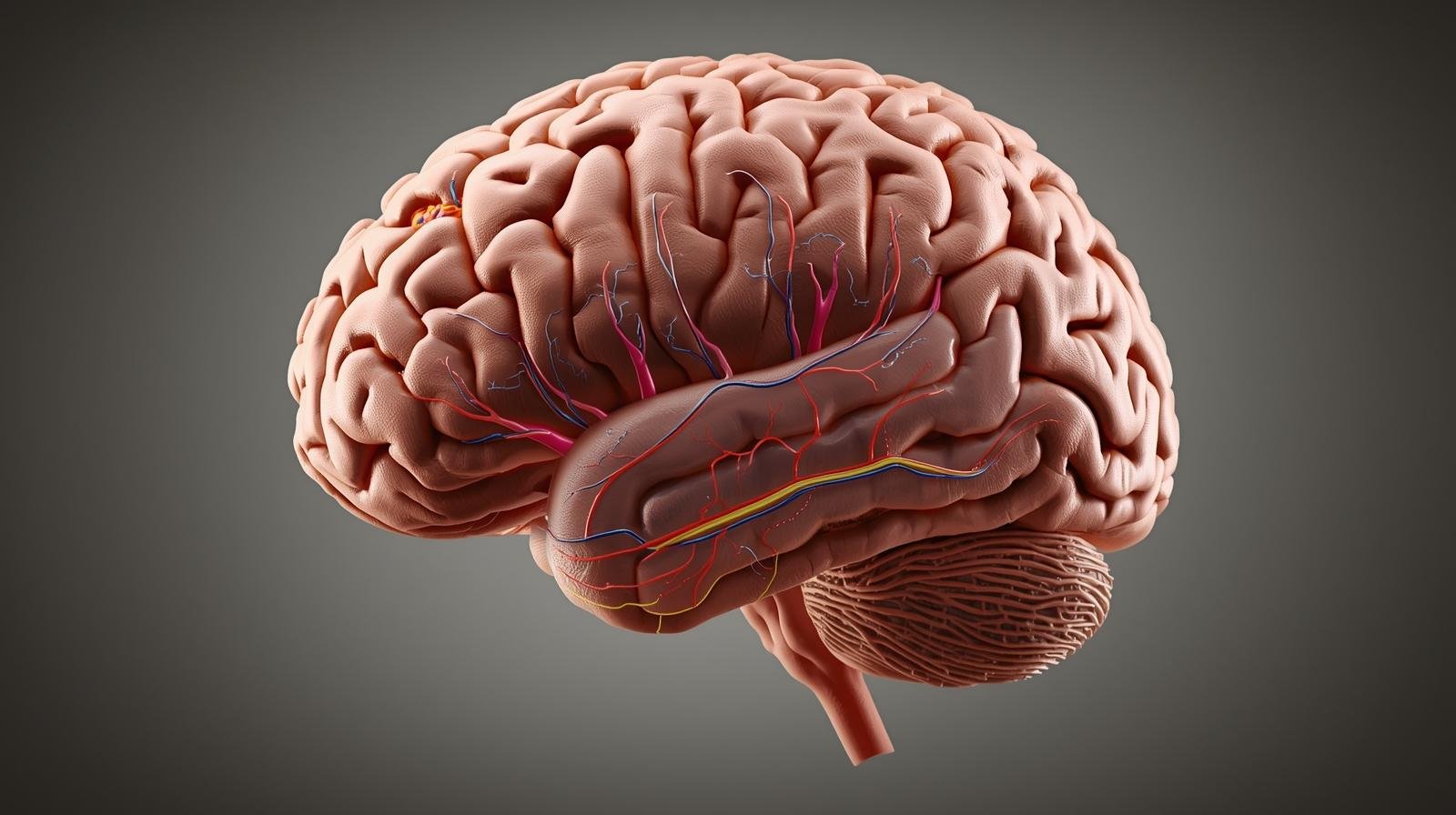The Mind-Skin Connection: How Stress, Trauma, and Mood Show Up on the Skin
As a naturopathic doctor specializing in mental health and aesthetics, I’ve had the privilege of helping patients navigate the space where inner wellness meets outer beauty. One of the most overlooked—but deeply impactful—connections I see every day is between the mind and the skin.
We often think of the skin as a passive surface, a canvas for skincare products or cosmetic treatments. But in truth, the skin is a dynamic, responsive organ that reflects not just your physiology but also your psychology. From chronic stress to unresolved trauma, our emotional lives can leave visible marks on our skin. Understanding this connection is key to true healing, and it's at the heart of the work we do at Soko Skin.
The Stress Response, Written on the Skin
When you're under stress, your body goes into "fight or flight" mode, releasing stress hormones like cortisol. In small bursts, this is a healthy survival response. But when stress becomes chronic, these hormones can wreak havoc, weakening your skin’s barrier, increasing inflammation, and contributing to conditions like acne, eczema, psoriasis, and premature aging.
Have you ever noticed that a stressful week leads to a sudden breakout? Or that your skin look dull or irritated after a period of emotional upheaval? That’s no coincidence. Stress reduces blood flow to the skin, impairs healing, and can even disrupt the microbiome of your skin.
Trauma and Somatic Memory
Trauma—whether acute or complex—often lodges itself in the body. This is a concept deeply rooted in both Eastern medicine and emerging Western research. The skin, as the largest sensory organ, plays a key role in this somatic memory.
Patients who have experienced trauma may unconsciously hold tension in the face and jaw, leading to premature lines and tightness. Some may develop sensitivities to products or experience flares in chronic skin conditions during emotional triggers. Others might avoid caring for their skin entirely, especially when struggling with self-worth or body image, both common after trauma.
This is why I believe aesthetic care should never be purely superficial. When I treat the skin, I treat the whole person.
Mood and Skin: The Confidence Cycle
Mood disorders like anxiety and depression also influence the skin, both biologically and behaviorally. Depression can lead to neglect of self-care routines, while anxiety may manifest in skin picking or excessive focus on perceived flaws (sometimes called “skin anxiety").
At the same time, visible skin issues can worsen mood, creating a cycle of insecurity and distress. As someone who works with mental health clients, I often remind them: it’s not vanity to care about your appearance—it’s an act of self-respect. When your skin feels healthy and radiant, it reinforces self-confidence, which in turn supports mental wellness.
Final Thoughts
If you’ve ever felt like your skin is reacting to your emotions, trust that intuition. The body speaks in many ways, and the skin often speaks loudest when our internal world needs tending.
In caring for your skin, don’t forget to care for your heart and mind. When all three are aligned, true beauty begins to glow from the inside out.
Warmly,
Dr. Hillary Lim, NMD
Naturopathic Physician & Mental Health Specialist


